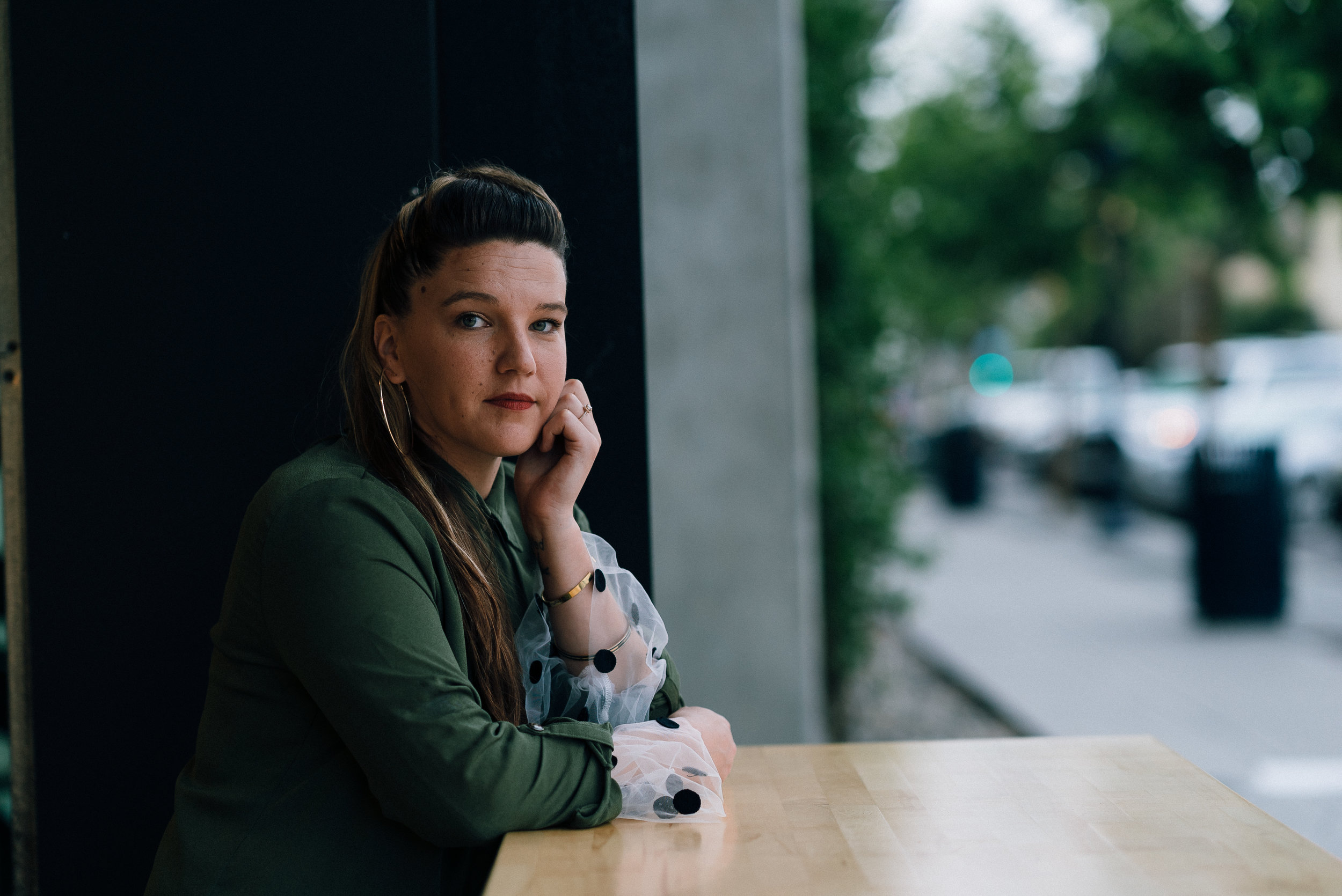With 30 singles, 6 EP’s, and 2 albums, 21-year-old Jake Mirador, from Raleigh, North Carolina has put out an impressive amount of material for an artist of his age. Bold and driven songs frame the artfully crafted EP’s and albums found on Mirador’s Spotify. The active shifts in sound within hits like “Coffee Brown Curls” compared to “Saint Laurent” showcase the ever changing flow of talent and creativity that coincide with the innovative freedom of producing your own material. We were able to talk with Jake about his experience developing as an artist, and some of the methodology behind his craft.
How did you start making music?
Jake: “I started writing music around 11 or 12. That was just kind of what I always wanted to do. Music was what I’d always done in my spare time; I was really into playing instruments and whatnot. I started piano lessons at like 5 and ran with that for a bit. Then my parents got me a guitar for my birthday in the 4th grade, and I began to just kind of fiddle away at that on my own. By 7th or 8th grade, I’d say, I was writing little, ‘songs.’ It just felt kind of natural — I always liked just plain writing, but I certainly didn’t and don’t have the attention-span to ever be an author or anything, so music became the vehicle. 3-minute stories rather than 300-page ones.
What inspired the dynamic shift in sound from some of your earlier songs like Floors and Still, to some of your more recent work like Miss Preaker! and Show Out?
Jake: “The change of sound is really only due to two things. The first being literal experience. I had no idea what I was doing until like 18 or 19 — and even then, I was recording one-takes of vocal and guitar with my phone and just throwing that into Garageband. Every once and a while I’d layer some cheesy synths over the recording but I mean, that was it. Not even remotely mixed or anything — big yikes. The second thing was confidence. That was my biggest hangup; especially because of how little I actually knew. I felt sort of adequate as a songwriter, but as anything else involved in the music production process, I did not. So it took a couple years till I was competent at those pieces. Once that happened, I became much more comfortable as a writer; I was a little bit older, and had the actual capability of producing styles of music other than, ‘setting my phone down and playing into it.’”
You’ve found such a healthy balance of intricate lyricism and electric sound within your music, especially on your most recent EP, Leviathan. How was the experience of putting that EP together?
Jake: “Writing Leviathan was probably the most organic experience I’ve had putting a cumulative piece of work out. The track Leviathan was the actual catalyst for the project itself — I pieced together the main synth riff, and then wrote a bass line for it and didn’t think anything of it because you never really do. 3 or 4 hours later I had a demo of the full song. A few days later I had the whole EP written and was starting to master it. The EP was one of those situations where I caught momentum, and ran on the ball for as long as could; without letting it get out in front of me. Luckily, I was able to keep that momentum so it all came together pretty quickly. I mean there is something to be said about the music that you spend a long time on, but the stuff that comes out fast and seamlessly is always the most cohesive.”
Your songs have such interesting titles! Do you have a method for naming your tracks?
Jake: “Uhm, I wouldn’t say that I necessarily have a method. I never title a song until it’s finished, because until the song is finished I really haven’t got a clue what it’s about. So the title is always the last thing. I try to keep titles as concise as possible, usually aiming for one word. And although it’s not something I really try to do, I also tend to use a lot of literary and film references in song titles. That’s about the most thought I put into titling songs. I try not to take it too seriously because I find myself overthinking little things like that — you gotta choose your battles sometimes [laughs].”
You’ve put out an impressive amount of music over the past few years. Is there a certain approach you have for releasing your work?
Jake: “So far there really has been no rhyme or reason as to when or why I release things [laughs]. Up until recently I haven’t cared; I’ve viewed all of the music being released as just kind of documenting where I was as a writer rather than anything official. So I guess I would put something out every time I felt that the music had noticeably improved. That’s why MOWE Vol. 1 was like 25 songs hahaha — it wasn’t really an album; because stylistically and thematically it was all over the place, but more of a compilation because all of the tracks are from the same period of time in my life. If that makes any sense. I dunno I feel like I ramble.”
How involved are you in the overall production of your music?
Jake: “I mean, it’s only ever been me in a bedroom somewhere. That’s why it was so shit for so long [laughs]. I write it, produce it, mix it, master it — blah, blah. The songwriting process itself almost always starts in the same way. I’ll find a handful of chords that I like on the piano or guitar, and then I’ll write a vocal melody for those chords. Sometimes the song will stay on the instrument it was written on, but it normally changes quite a lot. Although lately I’ve been starting things a little differently; beginning with background synth/sound design, then I record a lead and rhythm guitar over it and I work from there.”
What’s the story behind your song Coffee Brown Curls?







